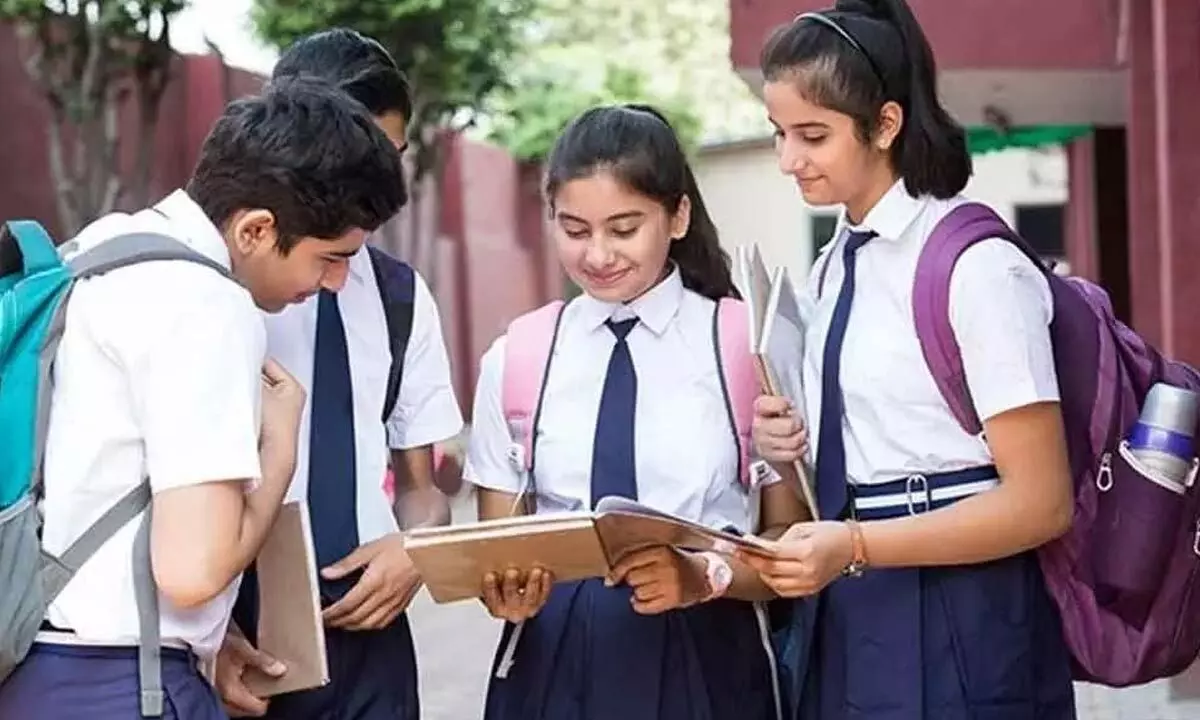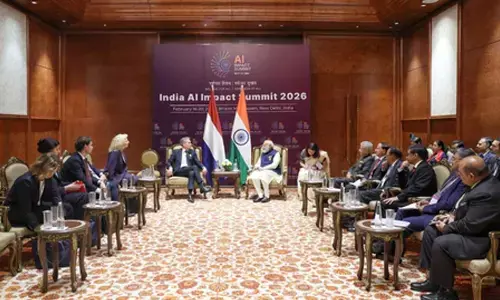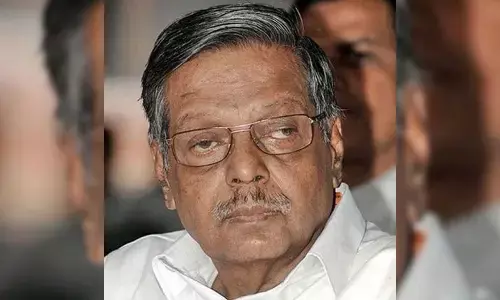Are successive govt policies nurturing an inferiority complex in education?

Are the state's policies in school education running behind mirages and faulty colonial narratives?
Hyderabad: Are the state's policies in school education running behind mirages and faulty colonial narratives?
These pertinent questions come to the fore following repeated efforts of successive governments going ga ga over the branding, i.e. ‘Corporate Education’, ‘International Schools’, ‘World-class faculty’, and the like being used by the private educational institutions as part of their marketing exercise than making any sense.
However, successive governments competing with the private schools and announcing to start schools on par with the private corporate schools, international schools have been impacting the admissions in the existing schools.
For example, the model and residential schools have already emerged as elitists within public school education. Unlike in government schools such as Zilla Parishad and Mandal Parishad schools, admissions into the new breed of schools have been based on entrance tests. These methods are similar to private unaided schools labelled as corporate schools.
Besides, the main rallying point is the English Medium. The adverse effect being observed now is that parents want their wards to dump the general category government schools like Zilla Parishad, Mandal Praja Parishad and other such schools, at one point or another, in favour of either corporate schools in the private sector or the new breed of elite schools in the public school education system.
Speaking to The Hans India, a former Vice-Chancellor of a national university in Telangana said, “We need to consider what children learn at the early schooling level.
The stages of primary, upper primary, secondary and senior secondary will have an influence when they are well into undergraduate education.
There is an undercurrent linking what is being studied at school to what they study in future. A comprehensive education policy for schooling considers all these rather than introducing one thing or another as the dominating factor(s) as part of schooling policies. Further, what is now nurtured is a binary attitude influencing parents and that mounts pressure on children in terms of English vs Telugu, Engineering and Medicine vs other subject areas.”
Creating mirror images or manufactured realities with brand names like corporate education vs government school education, international schools vs others, world-class faculty and locally trained teachers are all these myths that need to be busted. Because, “all these are binaries carefully and systematically perpetuated for marketing the private school education where parents are made to believe paying high fees for getting their wards studying English would buy them a prosperous and bright future.”
Seconding this, a former Vice-Chancellor of a prominent state university in Telangana said, “The problem being faced in primary and higher education is not just on the policy front. Even the teachers and faculty at large need exposure to local, regional, national and international perspectives on education to strike the right balance, considering the intricacies involved.”
Juxtaposing one against another encourages binaries that would harm the very education system and the children’s learning processes. It gives dividends (though) to some. But, it will not benefit or contribute even to the knowledge economy of the state or the nation in the long run.
For example, the state education system claims that one of the school initiatives has become a case study for Harvard University.
However, the real question to be answered is, should an education policy strengthen the 106-year-old Osmania University to emerge like Harvard University, or should such public institutions remain playing second fiddle?
There is a need to shun the inferiority complex that has seeped into the education system and policies by adopting colonial prescriptions. This is what the NEP-2020 is trying to answer, he points out.









